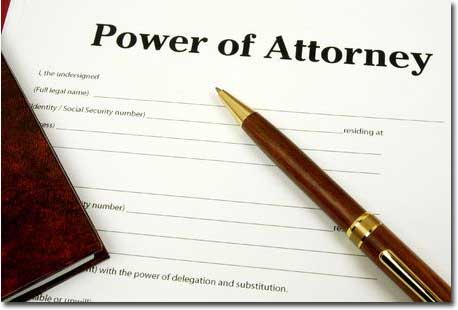Whether you have only recently decided to investigate Powers of Attorney either for yourself or for your loved ones there is something you should know in relation to the completion of the forms if you choose to do this yourself.
The Enduring Power of Attorney is in two stages.
First when someone is able to make a decision to have somebody appointed as their Power of Attorney should they be unable to make their own decisions about their care and welfare they sign up the forms as provided in the Powers of Attorney Act 1996. This gives notice to two parties of the intention to make this power and those two have a right to object if they think it is not a good idea. If there is no objection then the matter is left until some future time when both the person giving the Power and the treating Doctor decide someone is not able to manage their own affairs.
It is important that the application to grant the Power is signed first and then the person giving the Power attends with their Doctor to confirm that they are of sound disposing mind.
In practical terms you would think the opposite would occur where someone would go to the Doctor to see that they are able to give away such a Power and on confirmation from the Doctor they would then attend with their Solicitor and sign the appropriate papers.
We have found in our experience however that the Wards of Court Office, even though there may be only a gap of a few days between the meeting with the Doctor and meeting with the Solicitor they will not accept this gap when application to register the Power of Attorney is made.
In summary it is important that this sequence is followed correctly in order that there may be no delay in registering a Power of Attorney when it is necessary at some future date.

